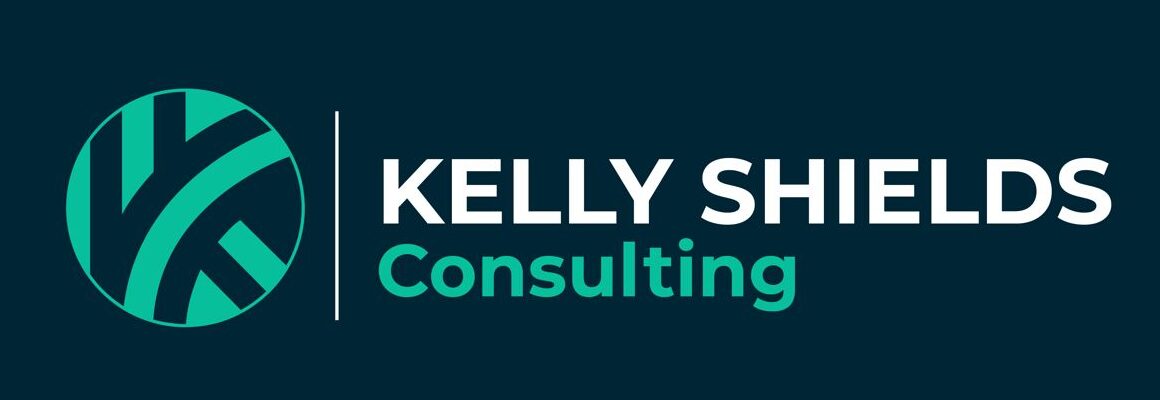How > What. Finance leaders can’t take that for granted and need to be intentional about their teams’ “how.” Despite my deep love of systems and analysis, I have learned over the years that culture does, in fact, eat strategy for breakfast, that the ends do not justify the means. It is a personal story, offered here as a way for functional team leaders to differentiate themselves and their outcomes.
Stereotypically, finance teammates are drawn to the work because of the set of rules that apply to it – the algorithms, the standard operating procedures that can make the day-to-day black and white. Too often, finance teams generate a personality of being dissimilar and “othered.” That’s inherently not true: if you ask the teammates why they’re there, they will tell you it’s because of the mission and the opportunity to use their unique talents to support it.
Those of us with great outcomes (ends) often get promoted, and then find ourselves in community with executives who lead the organization through the grey. Organizational, team, and people leadership requires flexibility and nimbleness no matter the function you lead. As our change management experts know, those who can harmonize their team with the organizational culture will go far. It is not the specific technical system you implement, but how you implement it – how you involved community, how you communicated – that will make a change lasting.
After all, the best curriculum is nothing but a stack of lessons and materials without the magic of a teacher in front of the classroom. And that magic matters. For times when that magic felt like an unattainable unicorn, the algorithm-driven person I am broke it down into a framework familiar to schools: plan, do, assess, review.
If managing for on-culture results is just as important as outcomes then leaders not only have to backwards plan but also plan for the throughput. Project plans should answer: how did we want staff to experience the finance function? How, then, would we show up? Move around the organization? Develop relationships? Ensure that our changes fold into and strengthen organizational fabric and not tear it?
PLAN
- Name it. Be explicit about the expectation. One way our team named our expectation was through a team culture statement, where the process to create it was just as important as the statement itself (after all, there’s Chat GPT for that). We aligned around aspirations of empowerment, feeling valued, and operating as partners and then described what that would look like in our context. Community commitments and ways of being are other foundations to ground your team in.
DO
- Model it. This one is self-explanatory. It builds trust and reflects your integrity.
- Invest your team identity in it. One way we made our team culture come to life was through physical artifacts of our team’s cohesion and brand. Laugh all you want at my motto “never underestimate the power of a team t-shirt,” until every other function follows your need. They build a community $20 at a time.
ASSESS
- Give feedback on it. Observe your team in the big and the micro-moments. Shine the spotlight on your “how” expectations in group settings. Include your reflections on these expectations in feedback conversations (a topic for our HR friends – but those shouldn’t be reserved for twice-yearly performance reviews).
REVIEW
- Measure it. Ask your broader team where your function lives up to its expectations and where it falls short on surveys. Use empathy interviews as a tool to deepen understanding. (Here’s a guide.) Ask how the [finance] process (/policies/systems/team) helps you do your job and how it stands in the way? If you had a wish for [finance], what would it be? The whole team should conduct the empathy interviews, not just the leader, and reflect on the process and outcomes.
BONUS FOOTAGE
- Hire for it. This is your chance to head off chasms before they happen. Occasionally, I found myself bridging the function and the organization and that is energy you can save by hiring for your how.
This isn’t fool-proof or the answer to all problems, but it is a way to unite the head and heart of finance work. The power is in setting intentions and following through on the how. What’s missing? What’s in your playbook?
Holding extra love and gratitude today for all of the teammates, colleagues, coaches, friends and family who have been along on my “how” journey.
If you want to go fast go alone. If you want to go far go together.
African proverb

